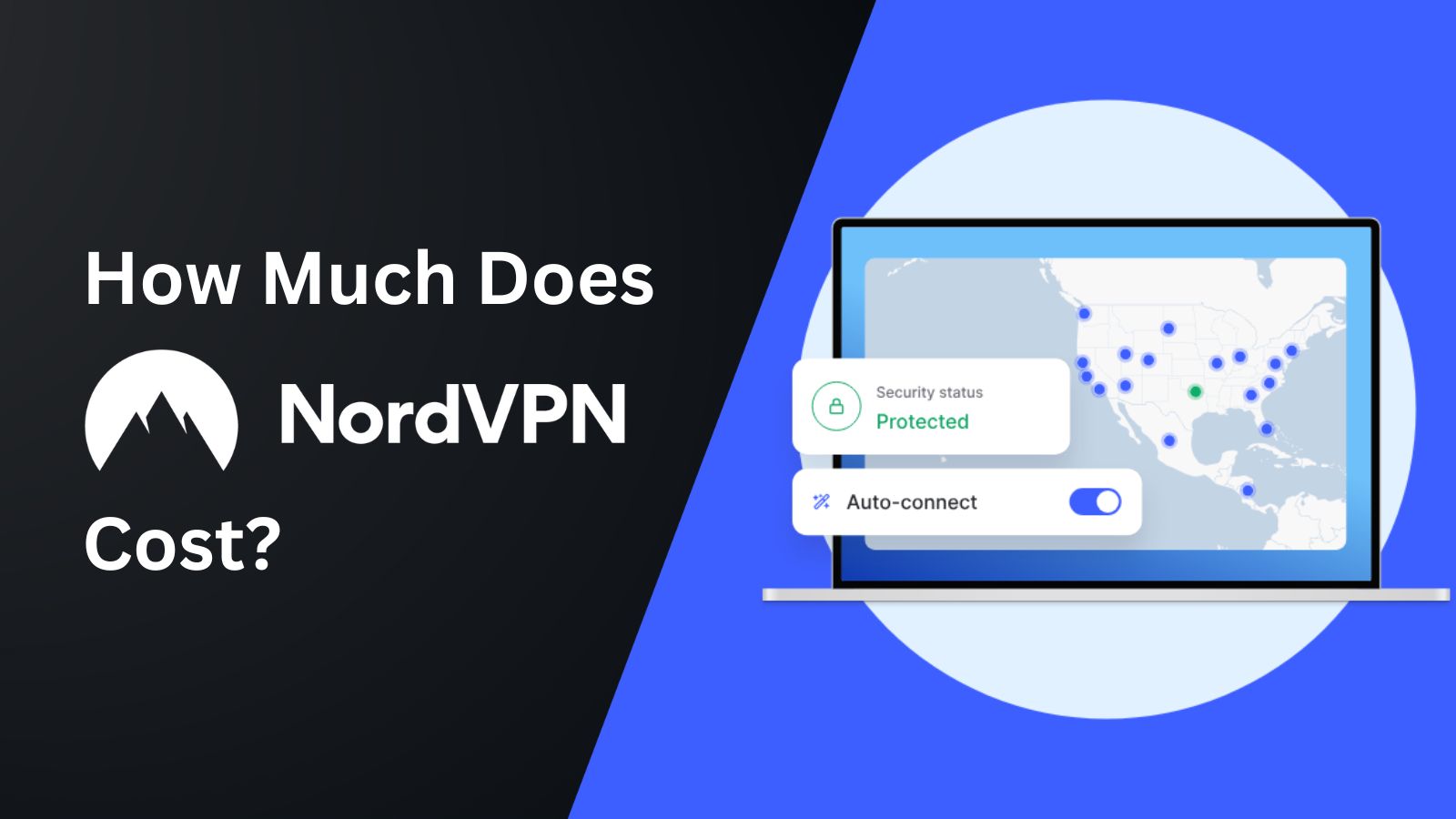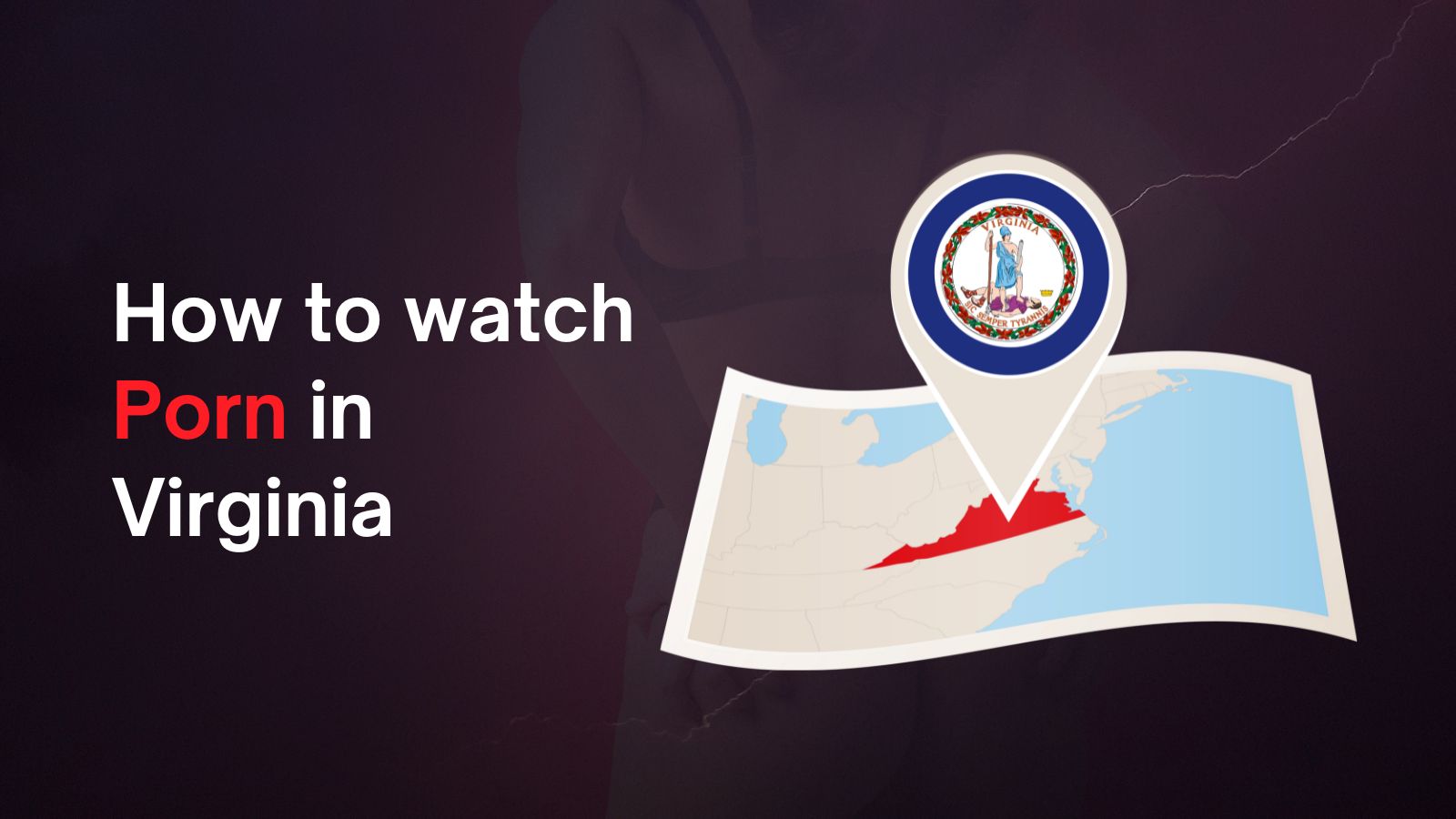
When you purchase through links on our site, we may earn an affiliate commission. Here’s how it works.
Can I Use Multiple VPNs at the Same Time?
The short answer is yes - it's definitely possible to use multiple VPNs at the same time on the same machine. Unfortunately, it's not as easy as just installing two VPN apps and running them both at once. More importantly, the disadvantages of running two (or more) VPNs simultaneously vastly outweigh any benefits.
There are, however, a few decent alternatives to this approach, which we'll be discussing later on. But first, a look at why one would want to use more than one provider.
Why Use Multiple VPNs at the Same Time?
One valid reason to do so is the idea of not putting your trust in one single provider - a healthy mindset to have when dealing with online privacy. Posts like this one mirror this exact sentiment, branching off in two directions:
- Users don't trust their VPN provider to see their IP address and/or network activity. The obvious problem with linking two VPNs is that you need to trust at least one provider with that info. At that point, you might as well use a no-logs VPN with years of experience and no security-related scandals to their name, like ExpressVPN.
- Users want to maximize their anonymity and security (due to the double layer of encryption). More details below.
One example is buying or trading cryptocurrency without being traced - or similar scenarios where privacy is essential.
By using multiple VPNs at the same time, the IP address used in crypto trading can't be traced back to the original user. Not even the last VPN in the chain would know, as the only thing they see is the IP of another VPN server. Meanwhile, the first VPN in the chain doesn't know which site you're requesting. They only know that you're trying to connect to a second VPN server.
Using a single VPN (an unreliable one, at least) leaves you more open, as the provider sees both your real IP and what you access online. In essence, chaining VPNs is like building your own TOR network, as the next "hop" in the chain has little information about the previous hop.
Must Read: Best VPN Services
How to Use Multiple VPNs at the Same Time
As mentioned in the beginning, running two VPN applications on the same system will not work. Well, not without manually editing OpenVPN configuration files to remove any routing conflicts between the two apps, which is beyond the scope of this article.
However, you can avoid such conflicts by running one of the VPNs on a virtual machine (VM) instead. Here's a quick guide on what to do:
- Download and install VM software (such as Oracle VM VirtualBox) on your primary OS.
- Next, download, install, and run your VPN of choice on the VM system.
- Run the secondary VPN (say, the one you find more trustworthy) on your primary PC.
- Browse the Internet or use network-capable apps from your virtual machine.
That's about it. Note that your network speeds will take a massive hit through this approach.
Some Better Alternatives
Here are some similar ways you can maximize your privacy. While you will still get slower speeds through these methods, it's definitely easier to set things up.
Multi-Hop VPN (or Double VPN)
Rather than using multiple VPNs at the same time, you can try chaining two or more VPN servers instead. Please follow the link if you'd like an in-depth explanation regarding what goes on "behind the scenes." Also, here are several great VPNs with double VPN that require no extra steps beyond the initial setup (and enabling the feature).
As mentioned, using a single VPN requires a certain degree of trust in the provider, as they can see your real IP address and any network requests you send out. Sure, a no-logs VPN may not record what you're doing. However, if it gets compromised by a government, hacker, or rogue employee, they may try to monitor your connection in real-time.
Fortunately, the chances of that happening are virtually zero as long as you go with a trustworthy VPN service. Well, at least until quantum decryption rolls around in the not-so-distant future.
Want an option with an even greater degree of anonymity? Keep reading.
TOR Over VPN (+Optional VM)
The Onion Router (or TOR, for short) is a network of nodes/relays designed to anonymize your browsing habits. First, your data is encrypted and passes through a series of relays from around the world before arriving at the exit node. Here, it is decrypted and passed on to the website you're trying to access.
What's great about this system is that the path your data takes is randomized every 10 minutes. The first relay can see your IP address but doesn't see the destination (or which website you're trying to access). Meanwhile, the last relay can see the destination but not where the request originates (your IP).
Using Tor over VPN prevents the first relay in the chain from seeing your actual IP address. On top of that, VPNs will encrypt some traffic Tor doesn't support, as well as hide Tor usage from your ISP.
Take a look at our guide on how to combine Tor and VPN. Virtual machines are included as well if you really want to go the extra mile. Just don't forget that your network speeds will be even slower the more layers you add to your shell of anonymity.





